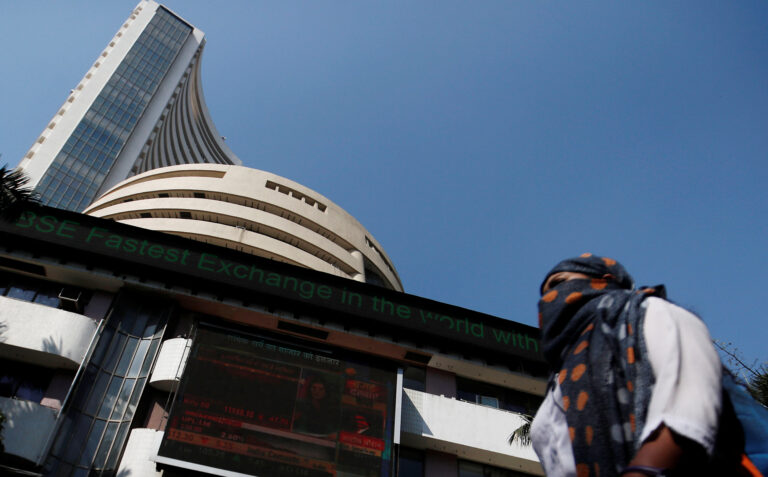
Exit polls will not be allowed until this year’s polls close on Saturday.
Mumbai:
The six-week-long general election is in its final stages, with voting ending on Saturday, and financial markets are eagerly awaiting the results of the vote count, scheduled for June 4.
Pollsters and political analysts are divided on the outcome, with low voter turnout and apathy seen as a risk to the government of Prime Minister Narendra Modi and his Bharatiya Janata Party (BJP).
In the last elections in 2019, the BJP and its allies won 352 of the 543 seats in the Indian parliament, with the BJP alone winning 303 seats.
Exit polls are not allowed until this year’s election ends on Saturday, but opinion polls from early April predicted the BJP would win the election in a landslide victory.
In the shadow betting markets where traders track clues, the BJP is predicted to win nearly 300 seats this time, roughly the same as in 2019.
Ahead of the 2024 ruling, here’s how fund managers, analysts and economists expect the market to react under different scenarios.
BJP strengthens position
Rajesh Bhatia, chief investment officer at ITI Mutual Fund, said if the BJP wins a stronger majority than it did in 2019, stock markets would rise on hopes of pro-growth economic policies such as spending on infrastructure and a boost to manufacturing.
Abhishek Goenka, founder of forex consulting and asset management firm IFA Global, said in this scenario, benchmark indices S&P Sensex and NSE Nifty 50 could rise by 4-5 per cent.
VRC Reddy, finance chief at Karur Vyshya Bank, said the rupee may strengthen to around 82.80 rupee against the dollar from Thursday’s close of 83.32 rupees, while benchmark bond yields may fall to 6.90%-6.92% from the current level of around 7%.
James Thom, Singapore-based senior investment director for Asia equities at abrdn, said Modi’s return is seen as a positive by the market as it signals political stability and implies policy continuity.
The BJP retained power but lost seats
If the BJP and its allies win fewer seats than in 2019 but still exceed the 272 seats needed to form a government, markets may see some short-term volatility but quickly calm down.
Gaurav Dua, head of capital markets strategy at brokerage Sharekan, said markets already appear to be adjusting to the possibility that the margin of victory for the BJP and its allies will be smaller than previously expected.
Umeshkumar Mehta, chief investment officer at Samco Asset Management, said the market trajectory would not change even if the current government falls below 300 seats.
Vijay Sharma, senior executive vice president at PNB Gilts, said in this case too the rupee and bond yields may not see much of a reaction.
Opposition-led coalition government
A surprise defeat for the BJP and the possibility of a Congress-led coalition government could lead to selling pressure in the markets until the new government’s policies become clear.
Mittur Kalawadia, senior fund manager, equities, at ICICI Prudential Mutual Fund, said markets want continuity in power and a victory for another party could lead to a knee-jerk reaction.
“We will see later whether it is good or bad in the long run, but in the short term any change that impacts continuity at the policy level will be a big negative,” Karawadia said.
IFA Global’s Goenka said he expects stock indexes to fall by up to 10% immediately after the verdict in such a scenario, while Sharekhan’s Dua said the decline could reach 15-20%.
In this scenario, the central bank may step in to stem the rupee’s fall, said Anindoya Banerjee, head of forex research at Kotak Securities.
He said overseas bond outflows could immediately push yields up by 10 to 15 basis points.

